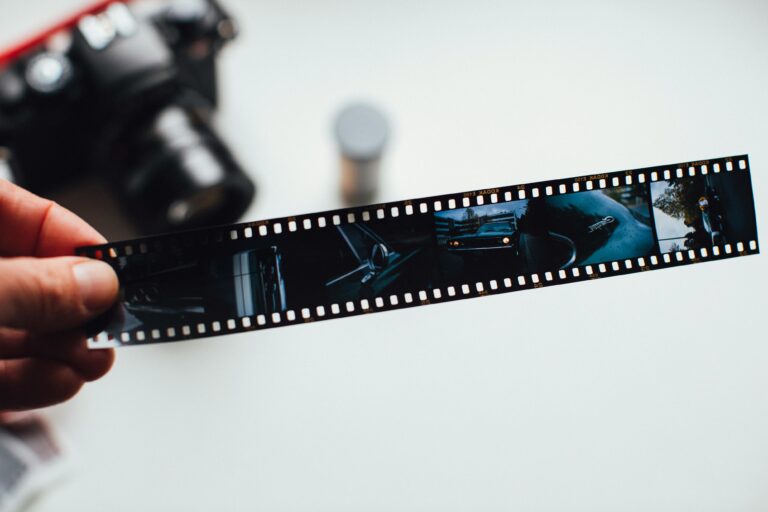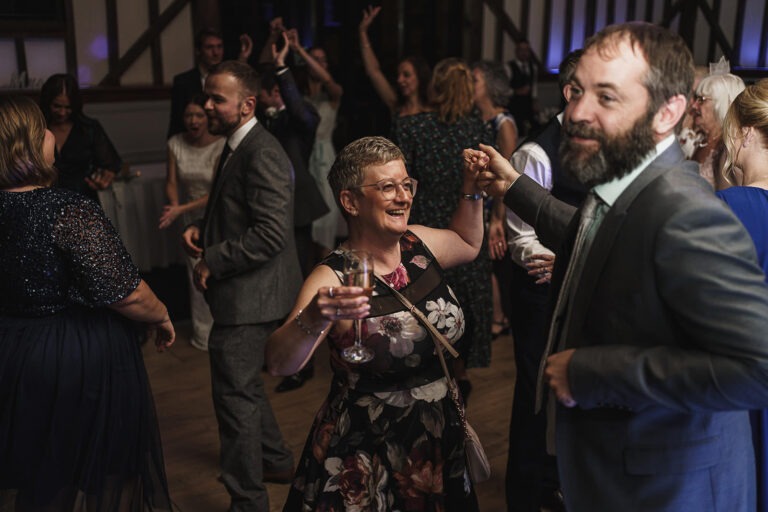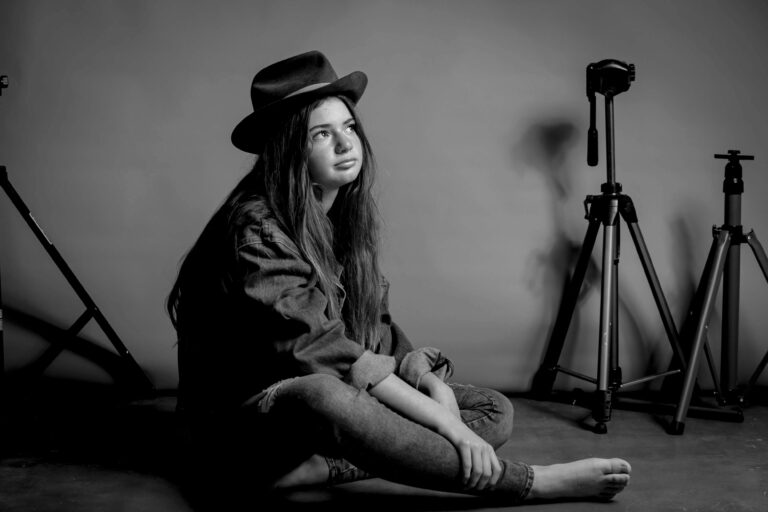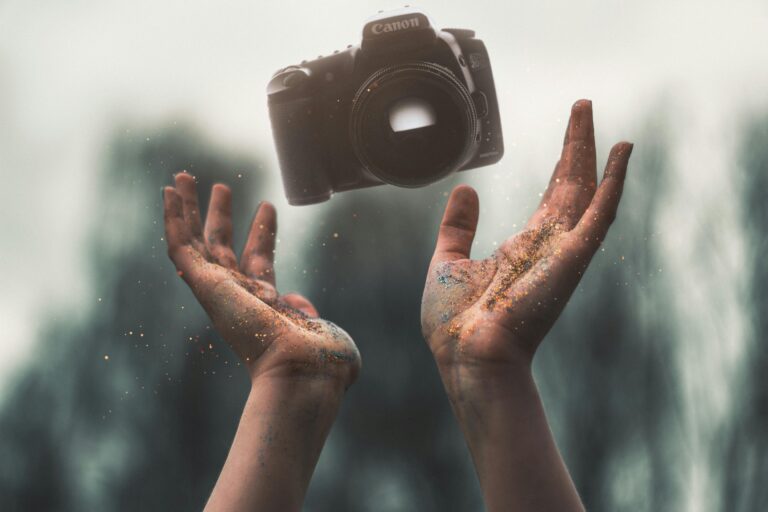The world of portrait photography is evolving faster than ever, and AI is leading the charge. In 2025, artificial intelligence isn’t just a fancy tool for tech enthusiasts—it’s a game-changer that’s reshaping the entire industry. From automated retouching to AI-generated backgrounds that look like they were shot in a high-end studio, photographers are finding new ways to use technology to enhance their work. But with all these advancements, one big question remains: is AI making photography better, or is it taking away the soul of the craft?
Some photographers embrace AI as a powerful assistant that makes their workflow more efficient, while others worry that it’s replacing human creativity. After all, photography has always been about capturing emotion, personality, and authenticity. If AI is doing all the heavy lifting, what happens to the art of portrait photography? In this deep dive, we’ll explore how AI tools are being used, how photographers are adapting, and what the future of AI-assisted photography might look like.
AI’s Role in Retouching and Backgrounds
Gone are the days of spending hours in Photoshop fixing blemishes, smoothing skin, and adjusting lighting. AI-powered software can now retouch portraits in mere seconds. Programs like Adobe’s Sensei AI and Luminar Neo analyze an image and apply edits automatically, mimicking the techniques of professional retouchers. AI can brighten eyes, enhance skin tones, and even remove stray hairs with precision. For photographers dealing with tight deadlines or high client demand, these tools are a lifesaver.
But here’s the catch—AI retouching can sometimes go too far, making people look unrealistically flawless. The challenge for photographers is striking a balance between natural beauty and digital perfection. No one wants to look like a wax figure, after all. AI-generated backgrounds have also become a revolutionary tool, allowing photographers to place subjects in ultra-realistic environments without ever leaving their studio. Whether it’s a breathtaking mountain range, a historic castle, or an urban cityscape, AI tools can create the perfect setting in a matter of seconds. This innovation has significantly reduced the costs and logistics associated with location-based photography, giving small-scale photographers access to high-end aesthetics they could never afford before.
The Shift in Photographer Workflows
Rather than seeing AI as a threat, many photographers are finding ways to integrate it into their workflow while maintaining their unique artistic style. AI can handle the technical aspects—retouching, background enhancements, and exposure adjustments—allowing photographers to focus on creativity and connection with their subjects. For example, some portrait photographers are using AI to speed up post-processing so they can spend more time on creative direction during shoots. Instead of getting bogged down in Photoshop, they’re experimenting with bold new lighting techniques or unconventional compositions. AI is freeing them up to be more creative, not less.
One of the biggest debates in 2025’s photography world is whether AI makes portraits feel too artificial. While AI can make skin look perfect, remove wrinkles, and even enhance facial expressions, there’s a fine line between enhancement and over-manipulation. Clients still want to look like themselves—just a polished, slightly more flawless version. Some photographers are making a point of using AI minimally—just enough to refine a portrait without making it look unnatural. Others are diving headfirst into AI-powered creativity, using the technology to create dreamlike, surreal portraits that wouldn’t be possible with traditional photography alone.
Ethical Considerations and Industry Impact
As AI tools become more powerful, the ethical considerations around their use grow as well. Should photographers disclose when an image has been heavily edited by AI? If an AI-generated background is used, does that diminish the authenticity of the photo? These are questions that the industry is still grappling with. Photography schools and workshops in 2025 are now incorporating AI ethics into their curriculums, teaching new photographers how to use AI responsibly. It’s all about transparency—clients and audiences should know what’s real and what’s digitally enhanced.
Looking ahead, AI’s influence on portrait photography is only going to grow. We’re already seeing AI models that can generate completely realistic faces of people who don’t even exist. Imagine a future where AI can take a blurry, low-resolution selfie and turn it into a high-quality portrait that looks like it was shot with a professional camera. But no matter how advanced AI becomes, one thing remains true—photography is about human connection. AI can enhance a portrait, but it can’t replace the relationship between a photographer and their subject. The best portraits capture emotion, personality, and stories—things that no algorithm can truly replicate. So, is AI making photography better or taking away its soul? The answer lies in how we use it. If wielded with intention, AI can be an incredible tool that empowers photographers rather than replaces them. The future of portrait photography isn’t just about AI—it’s about the harmony between technology and artistry, ensuring that every image still tells a story worth remembering.
Keywords for SEO:
- AI portrait photography 2025
- AI retouching in photography
- AI-generated backgrounds in portraits
- AI photo editing software
- Ethical AI in photography
- AI vs human creativity in photography
- Future of AI in portrait photography
- AI tools for photographers
- Photography industry trends 2025
- Impact of AI on professional photographers





